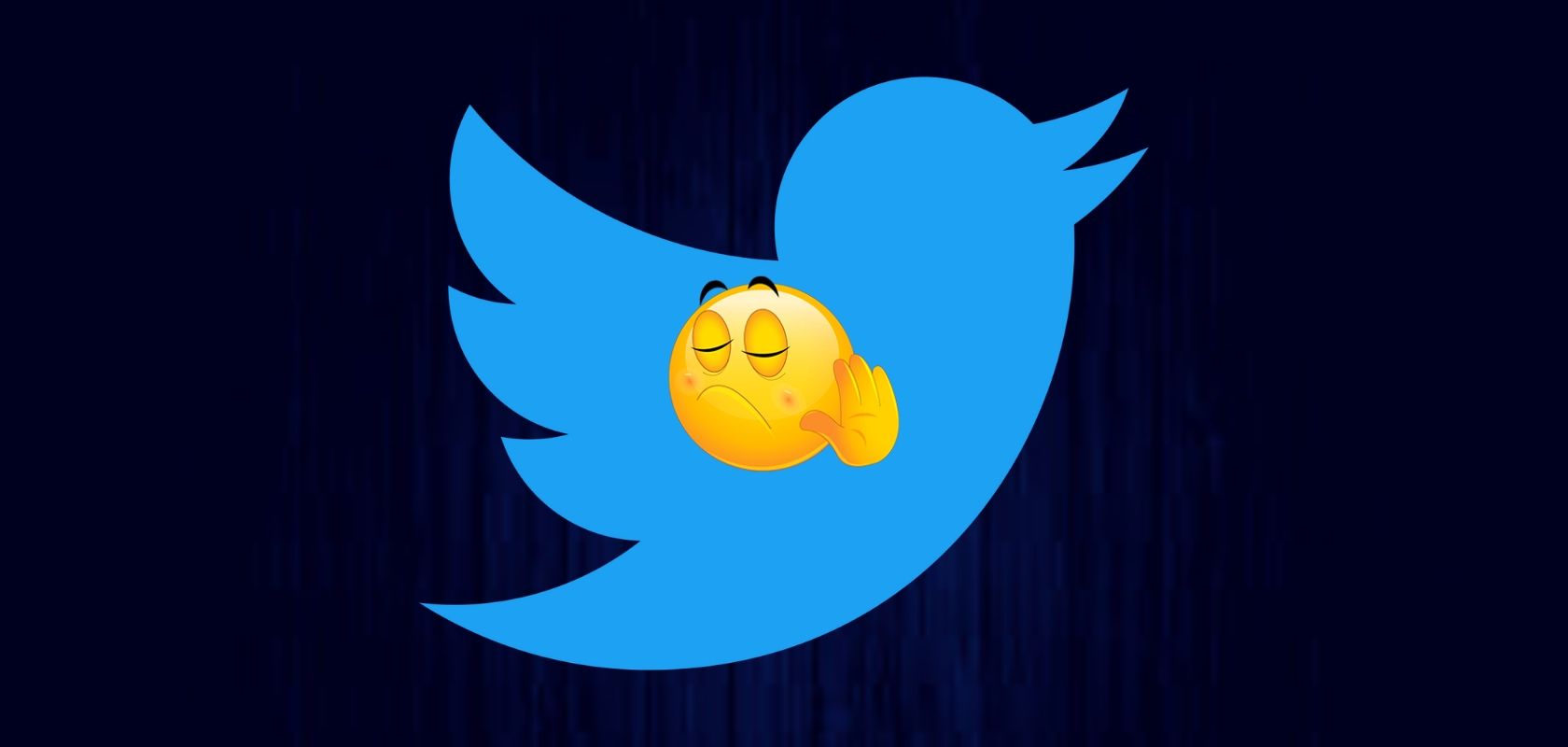Twitter has some ideas that it thinks will help correct the way Twitter is used.
The company recently announced that it will introduce a number of controversial changes in 2020 – changes that could fundamentally change what Twitter is and how it’s used.
It was first revealed that Twitter plans to allow users to:
- Block retweets on their tweets
- Block mentions of their account unless they give permission
- Remove mentions of their account from specific conversations
- Restrict the reach of their tweets to specific hashtags, interests, or friends
But now, in a deeper dive into Twitter’s proposed experiments that will be introduced this month, it appears that the social platform not only wants to change whether you’re allowed to retweet or respond to a tweet, they now also want to try and influence your response.
Twitter plans to embark on some not-so-subtle forms of social engineering in changes that BuzzFeed News politely describes as “subtly motivating us to use the quote-tweet, reply, and retweet in nondestructive ways.”
“Everything on our platform incentivizes some form of behavior,” David Gasca, a senior director of product management at Twitter told the digital media outlet – revealing that he understands the art of persuasion and changing human behavior by offering incentives. “If we modify how people can do retweets, or how people can reply, or how people can engage, how does that change conversation on the platform?”
Twitter wants to add an emoji to a retweet. The idea behind this is giving people a chance to quote a tweet without immediately showing the dialog box – meaning that people can retweet without adding a comment along with that retweet; something that’s often seen a way of dunking on the person you’re quote-tweeting in front of your own followers. Apparently, this will help people “encourage more nuanced emotions.”
The second test is that the platform will suggest that users add an emoji in their responses to a Tweet. For posts you like, you can use a “heart-eyes” emoji. But, an interesting thing will happen if you choose a negative emoji – signaling that you didn’t like the post. In this instance, Twitter will prompt a question, “Why do you disagree?”
Twitter thinks this will help to foster a more “thoughtful” reply, according to the report.
The idea of silicon valley stepping in to correct their users’ responses to things is nothing new. This year Instagram announced a new feature where, when users post a comment that Instagram’s AI deems to be potentially offensive, they’ll now see a message that says: “Are you sure you want to post this? Learn More.”
If you're tired of censorship and dystopian threats against civil liberties, subscribe to Reclaim The Net.









